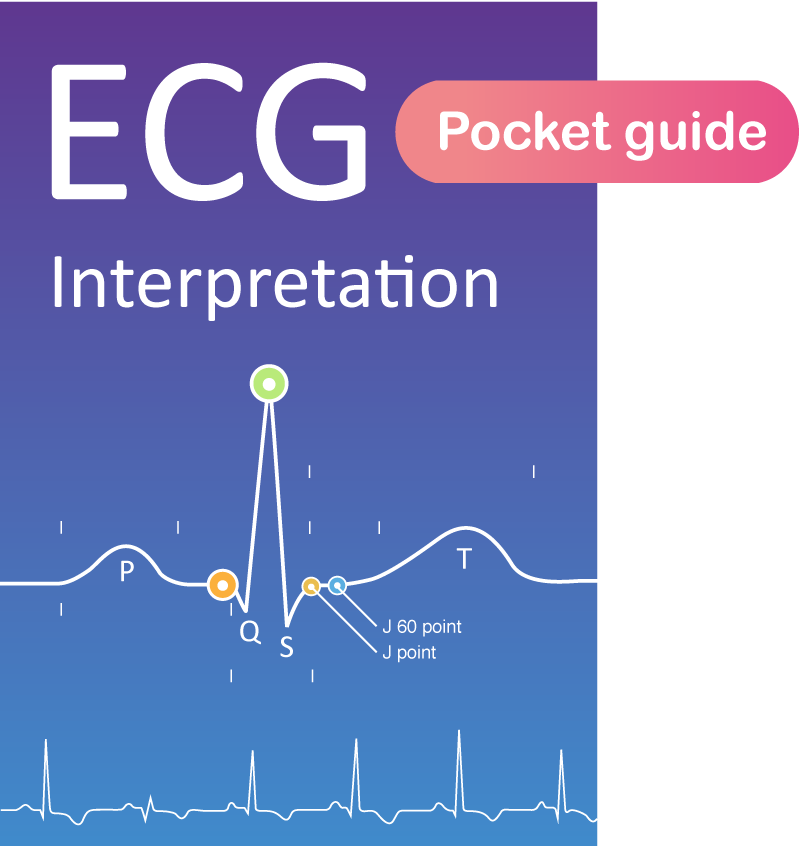Pupillary reflex and cerebral outcomes
In cardiac arrest, pupils that are constricted and responsive to light suggest a favorable prognosis. In contrast, dilated pupils unresponsive to light are indicative of cerebral anoxia or brain death, representing an adverse prognostic sign. Notably, the presence of dilated, non-reactive pupils 48 hours post-cardiac arrest is a compelling sign of brain death. However, the absence of pupillary reflex immediately post-arrest is more equivocal. Various pharmaceutical agents, including epinephrine—administered to a vast majority of cardiac arrest patients—can induce this pupillary response. In a comprehensive study by Javaudin et al., involving over 11,000 cardiac arrest cases, the correlation between the initial pupillary reflex (observed upon emergency department arrival) and the neurological status assessed at 30 days was evaluated. The findings were as follows:
- The absence of a pupillary reflex demonstrated a sensitivity of 72.2% for predicting an unfavorable neurological outcome, indicating that the test failed to identify 27.8% of individuals with poor neurological recovery.
- The specificity of absent pupillary reflex for predicting a poor neurological outcome was 68.8%. This implies that approximately one-third of the patients who ultimately had a favorable neurological recovery exhibited an abnormal pupillary reflex upon initial examination.
- Notably, 31.2% of patients discharged with intact neurological function were observed to lack a pupillary reflex upon their initial presentation.
- An absent pupillary reflex upon presentation was associated with a threefold increased risk of an adverse neurological outcome.
To conclude, while the absence of a pupillary reflex upon hospital admission post-cardiac arrest serves as an unfavorable prognostic indicator, its standalone utility in guiding decisions, such as termination of cardiopulmonary resuscitation, is limited.
References
Javaudin 1, B Leclere 2, J Segard 3, Q Le Bastard 4, P Pes 5, Y Penverne 5, P Le Conte 5, J Jenvrin 5, H Hubert 6, J Escutnaire 6, E Batard 4, E Montassier. Prognostic performance of early absence of pupillary light reaction after recovery of out of hospital cardiac arrest. Resuscitation . 2018 Jun;127:8-13.
